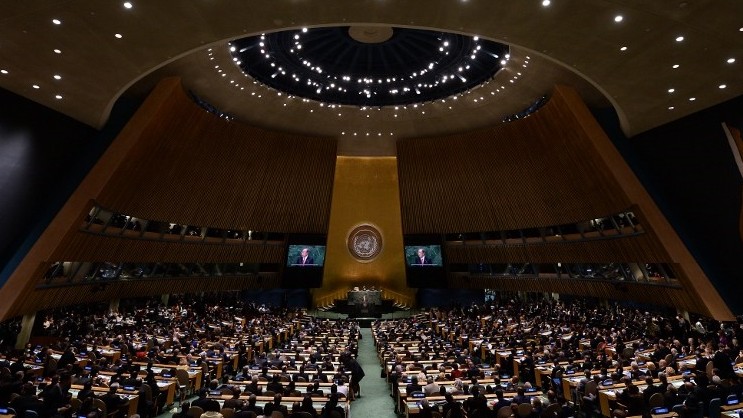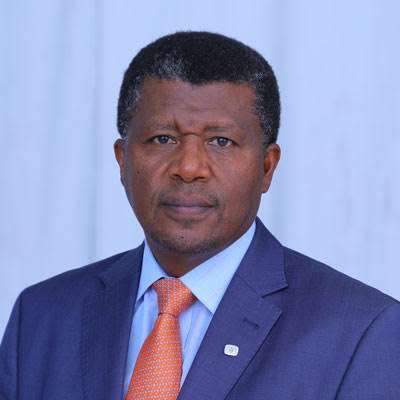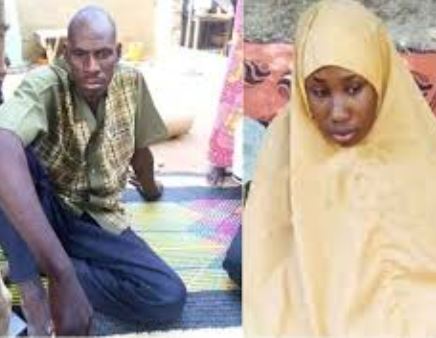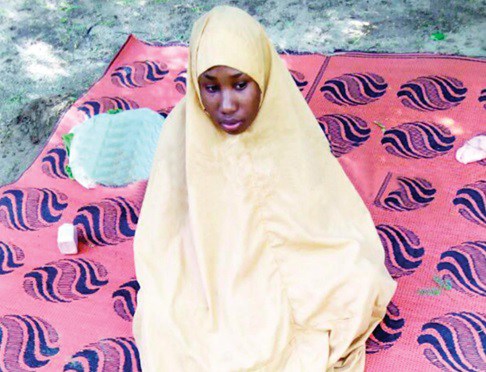• As Boko Haram cut off 5.1m IDPs from food supply
THE United Nations in its recent report, lamented the hardship and destruction the Boko Haram insurgency has caused in the North East and the neighbouring countries of Cameroun, Niger and Chad in the past eight years of insurrection. The international organization identified food insecurity and cut off from humanitarian aids as the most current threats in dealing with the crisis of the Internally Displaced Persons (IDPs) in North East Nigeria.
The report indicated that for a third year in a row farmers have been unable to return to the land for planting season, adding to food insecurity. It noted that physical insecurity and a proliferation of improvised explosive devices also prevented farmers from returning to their farmlands. “More than 4.8 million people are now in urgent need of food assistance and 5.1 million are predicted to be food insecure if not supported by the humanitarian community in 2017,” the UN declared.
It added that an estimated 300,000 children in Borno State alone will suffer from severe acute malnutrition over the next 12 months and up to 450,000 in total across Adamawa, Borno and Yobe, if adequate assistance is not received. It was highlighted that with the ongoing disruption to basic services such as health care, clean water and sanitation, susceptibility to disease increases. More so, Poor drainage and stagnant water were said to be leading to greater incidents of malaria and increases the likelihood of waterborne disease such as watery diarrhoea and cholera. After two years without a reported case of polio, four cases were confirmed in Borno, an indicator of the urgent need to address the escalating health crisis.
Government forces are recapturing territory from Boko Haram, but the security situation in the north-east is expected to remain fragile, the UN said. Over 80 per cent of Borno State was considered high or very high risk for international humanitarian actors, often constraining access to desperately vulnerable communities. As the security situation improves new areas were said to have become accessible and new dimensions of need, and hope, emerge.
The conflict in Nigeria’s north-east provoked by Boko Haram, resulted in widespread displacement, violations of international humanitarian and human rights law, protection risks and a growing humanitarian crisis, the UN remarked.
Coming into its eight year, the crisis shows no sign of abating and is adding to the long history of marginalization and chronic under-development as well as a higher rate of poverty, illiteracy and unemployment. Long-standing environmental degradation was said to have contributed to eroding livelihoods for farmers in the north-east and fishermen in the Lac region, while conflict has caused displacement and human suffering on a massive scale.
The UN narrated that since the start of the conflict in 2009, more than 20,000 people have been killed, countless women and girls abducted and children drafted as suicide bombers into Boko Haram. Up to 2.1 million people fled their homes at the height of the conflict, 1.8 million of whom are currently internally displaced and 0.2 million in neighbouring countries of Cameroon, Chad and Niger.
In the three most affected states of Adamawa, Borno and Yobe almost seven million people were identified to be in need of humanitarian assistance, more than 50 per cent of whom are children. In newly accessible areas vulnerable host populations are in critical need of humanitarian interventions including food, water, sanitation, protection, education, shelter and health services.
Escaping from attacks across the three most- affected states, IDPs are taking shelter in the relative safety of urban centres. This is causing overcrowding in already inadequate living conditions and places resources and basic services under huge strain. Maiduguri, the capital of Borno state and greater Maiduguri including Jere has seen its population increase more than double from 1 million to 2 million with the influx of people displaced from other areas of the state. In an area already economically deprived, more than 78 per cent of internally displaced people are living among host communities. Their lack of access to livelihoods and resources is leading to risky livelihood coping strategies among displaced and host communities alike.

 Entertainment6 days ago
Entertainment6 days ago
 Health1 week ago
Health1 week ago
 Health4 days ago
Health4 days ago
 Football1 week ago
Football1 week ago
 Football1 week ago
Football1 week ago
 Crime4 days ago
Crime4 days ago
 Education6 days ago
Education6 days ago
 Crime1 week ago
Crime1 week ago







